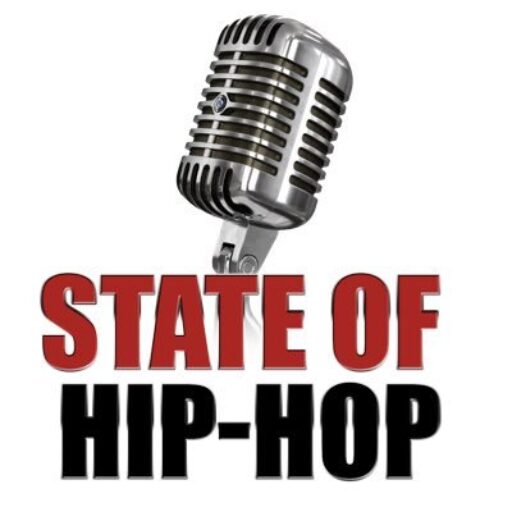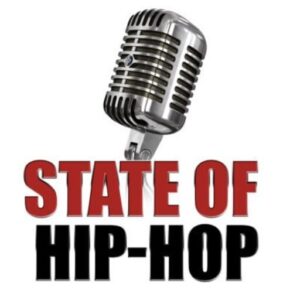LinkedIn recently launched a new AI tool for taxing tasks that recruiters loathe, Tech Crunch reports.
The Hiring Assistant is designed to assist with recruitment tasks such as turning scrap notes into more detailed job descriptions that source candidates and begin conversations with them. The tool is live for certain customers like large enterprises such as AMD, Canva, Siemens, and Zurich Insurance, while the mass rollout will occur between the end of 2024 and 2025.
The social platform, used to connect professionals, develop skills, and apply for jobs, labeled Hiring Assistant a “milestone” in its work with AI — calling it the first “AI agent” — on top of targeting the Microsoft-owned company’s top consumer — recruiters. “It’s designed to take on a recruiter’s most repetitive task so they can spend more time on the most impactful part of their jobs,” Hari Srinivasan, LinkedIn’s VP of Product, said.
LinkedIn has leaned on Microsoft’s partnership with OpenAI, creating effective client tools like learning coaches, marketing campaign assistants, candidate sorters, profile refreshers, and writing and job-hunting helpers.
It also makes work easier for recruiters. With the ability to upload fuller job descriptions, the Hiring Assistant sends a full list of desired qualifications, resulting in a pipeline of candidates from algorithms to search for distinctive skills over tedious indicators like location and education. “It’s telling you this person might be a top fit,” Srinivasan said, according to Fast Company.
“This person might be a fit.”
Testing shows that AI is working well for LinkedIn. Hiring employers who use AI-assisted messages receive a 44% higher acceptance rate, and their outreach messages are accepted 11% faster than those who don’t use the tool to draft messages. Assisted search sessions also see higher message acceptance rates, at 18% over manual ones.
Srinivasan says the AI technology helps employers focus more on working with promising candidates in hopes that they will turn into new hires, but “they’re spending more of their time on the much more repetitive and tedious tasks.” LinkedIn’s head of career products, Rohan Rajiv, shares similar thoughts. “Quantity actually wastes everybody’s time,” Rajiv said.
“Job seekers send hundreds of applicant applications to jobs where they are underfit and won’t hear back, and in doing so, hirers actually struggle to get back to qualified candidates.”
Hiring Assistant is the key to LinkedIn’s overall push to heighten the quality of business-to-candidate matching in an era where online job searching can incentivize job seekers and recruiters to curate the right fit.


